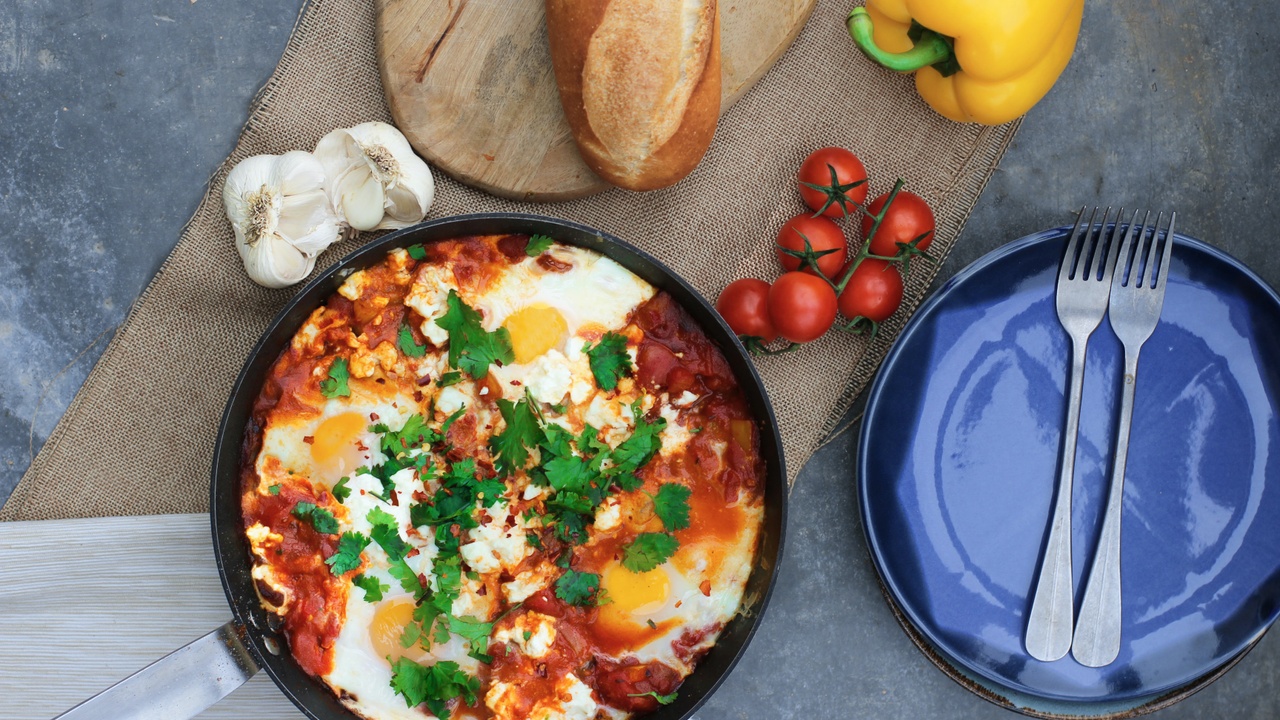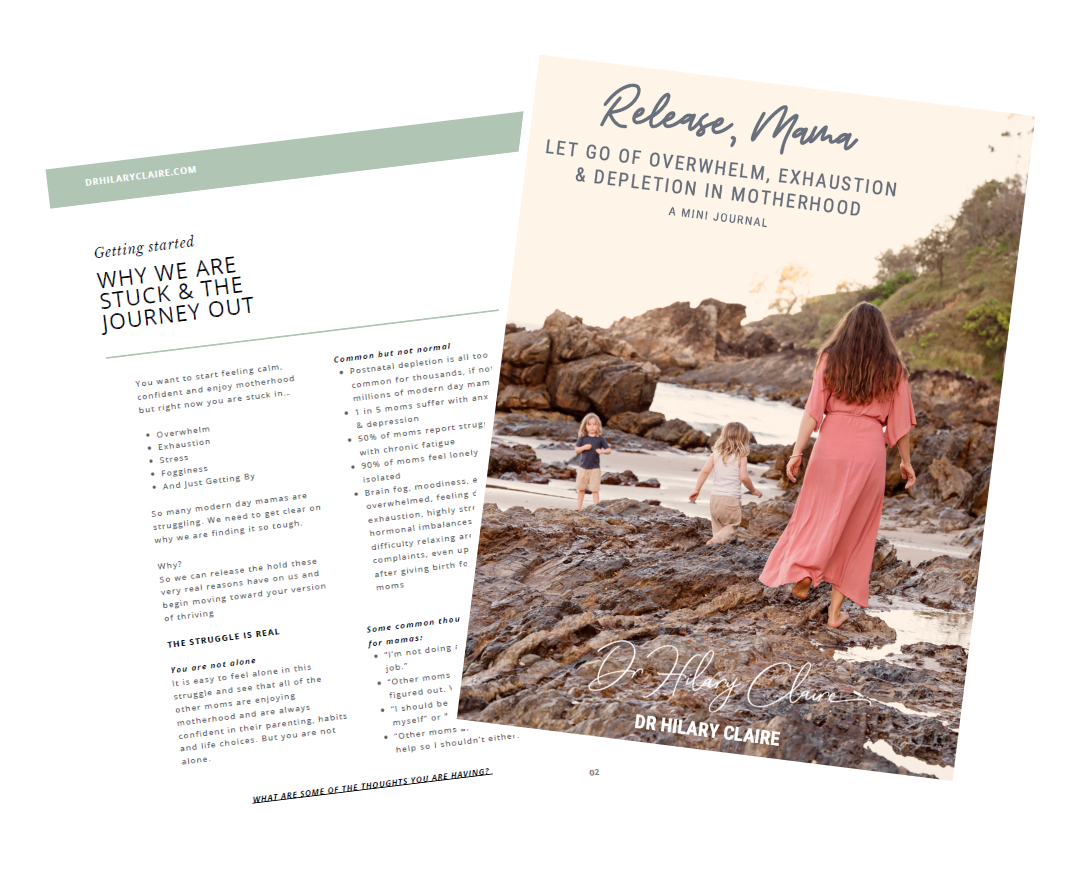Nourishing Traditions: The Cookbook that Challenges Politically Correct Nutrition and the Diet Dictocrats - My Notes on a Book

Nourishing Traditions dispels many mainstream nutritional myths. It deep dives into the flawed science of nutrition which has shaped the way we eat in the modern day. The critical place that traditional diets have on optimal health is thoroughly discussed. This well-researched, comprehensive, and perspective-broadening book was written by Sally Fallon (the president of the Weston A. Price Foundation) and Mary Enig (Ph.D., expert in lipid biochemistry). This mammoth was written nearly two decades ago, but is still just as relevant as if it were written today - which is rare in the food and nutrition world.
If nothing else, everyone should read the first seventy pages of this book. After which, I am sure the reader will be motivated to experiment with the recipes that follow. This engaging introduction should be mandatory reading for anyone who eats food. It will change your view of nutrition in our current world.
The reader becomes aware of the massive impact that big business and political agendas have on farming, government dietary guidelines and academic study of nutrition. The health of people is not the number one priority, unfortunately. It goes in depth into the many problems in outdated and poorly conducted nutritional studies that have shaped the way the masses eat and understand nutrition in the western world. Unfortunately, the impact of which is chronic health issues in much of the population. The combination of politics, business taking over control of our food and farming, and our expectation of fast, convenient food whenever we desire has resulted in a loss of much of the cooking traditions that had previously been passed down from generation to generation for hundreds of years. With this loss, we have also lost much of the nutrients in the food we now consume.
The authors also explain how our predecessors used to prepare and eat their food. Without knowing the specific scientific breakdown of the foods they were eating, they intuitively knew how to access and create meals that would provide the nutrients they needed.
After reading the first seventy pages of Nourishing Traditions, you may not know how exactly to cook any new recipes. But you will undoubtedly be viewing food much differently. You will likely be making many changes to the ingredients you bring into your kitchen. The following are some such shifts:
-Grass-fed butter and other animal fats will replace these harmful "vegetable" oils. Margarine and vegetable shortening will finally be thrown in the bin if they haven't already been. Yay! You will have a greater understanding that animal fats and cholesterol are not the enemies of good health. In fact, it is quite the opposite. Grass fed, pasture raised animal meats and fats are optimal for health. And the cheap, hyper-processed, refined "vegetable" oils that have been touted over the past few decades as the healthy alternative to animal fats are, in fact, a major part of the decline in our health. Vegetable oils are not even made from vegetables at all! They are made from corn, canola, safflower, cottonseed and grains. A better name for them is industrial seed oils.
-Table salt (aka sodium chloride), which has been heavily processed, often bleached and stripped of its trace minerals, will be replaced with sea salt. No need to fear the delicious salt anymore!
-Bone broth and organ meats will enter the kitchen on a more frequent basis.
-Pasture-raised meats and eggs will replace mass-produced, factory-farmed, grain-fed animal products. This won't just be an ethical animal rights act or a step to improve our environment. It will be an informed choice for greater health for you and your family. It's great that what's best for us is also best for animals and the planet. That is what I call convenient!
-Fermented foods will find their way onto your plate much more often.
-Soaking grains and activating nuts will likely become part of your culinary repertoire. And oh, don't they taste so much sweeter!
-Sourdough will be your go-to bread. If we prepare our foods the way that our ancestors have been for hundreds of years, before big business took over and told us food should be cheap, quick and super convenient, we might be able to enjoy and digest it properly. Bread is one of those foods that many cannot tolerate. But if we make bread from nutritious ingredients and prepare it properly, it can be back on the menu (not for everyone, but for more of us).
Along with those just mentioned, many other insightful pieces of nutritional knowledge are presented. When you read this book and use the recipes, you understand the why behind how you are preparing your food. The rest of the book covers recipes for all sorts of food, including fermenting vegetables, cultured dairy, meats, and many sauces.
Food is to be enjoyed. It can and should be delicious, nourishing and simple. The recipes in the book are just that. Use great ingredients in traditional ways and no one will feel deprived ever again. The quick, convenient, food-like alternatives that are so common today come at a great cost. This book is a much-needed reminder that we need a return to traditional, nourishing food.
Get a copy of Nourishing Traditions here.
Disclaimer: This page contains affiliate links. This means that I may earn a small commission if you purchase through the link at no additional cost to you. I do not endorse books lightly and only recommend those that I personally value highly.

Release, Mama Mini-Journal
In this mini journal, you will identify your unique reasons for struggling with exhaustion, overwhelm, guilt or burnout. Then you will be guided in letting these go and taking effective action to create a future that makes it easier for you to thrive.
Start living motherhood on your own terms.

50% Complete
Keep Up-To-Date
For a regular dose of useful resources and articles from Dr Hilary Claire delivered straight to your inbox pop your details below.